This website uses cookies so that we can provide you with the best user experience possible. Cookie information is stored in your browser and performs functions such as recognising you when you return to our website and helping our team to understand which sections of the website you find most interesting and useful.










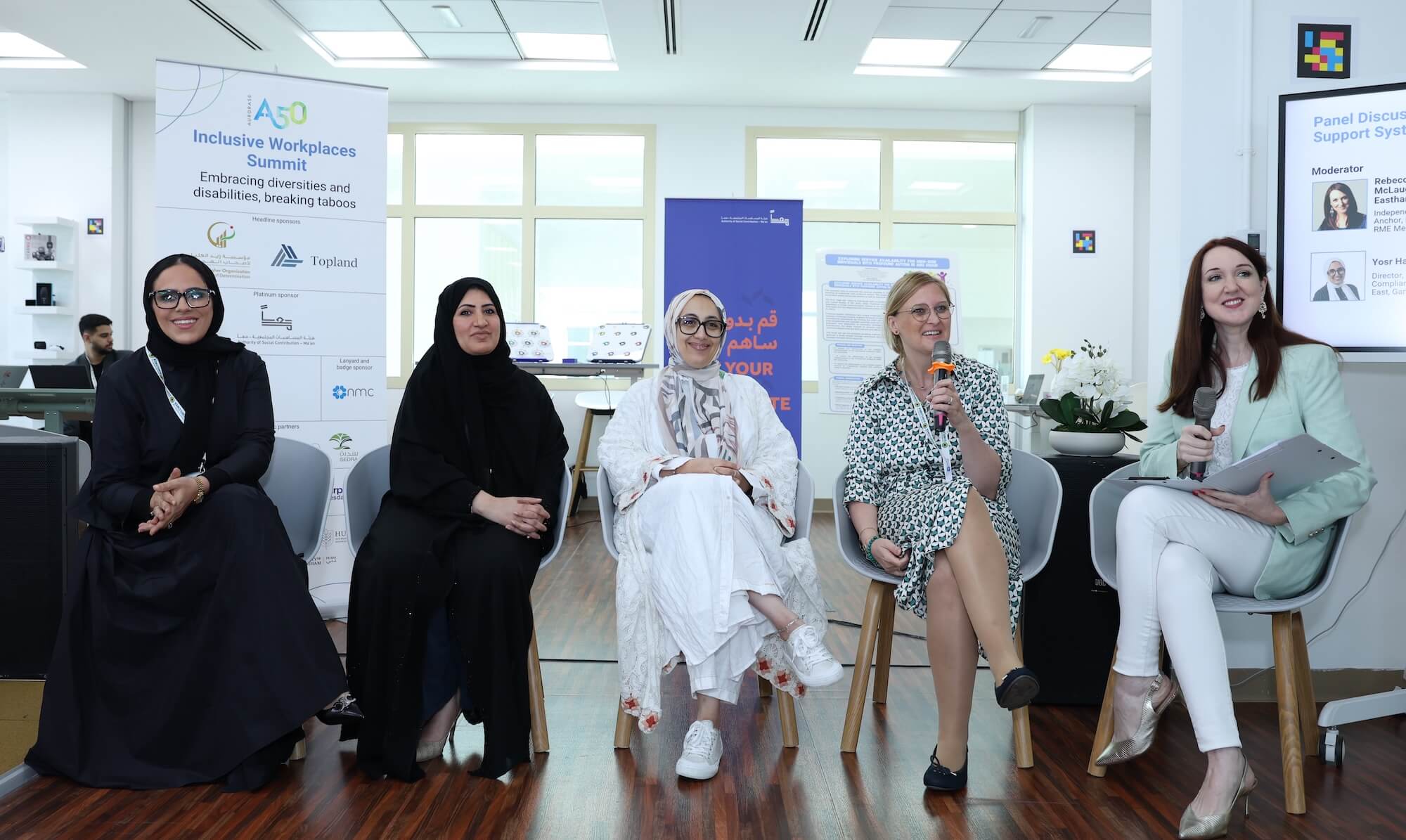





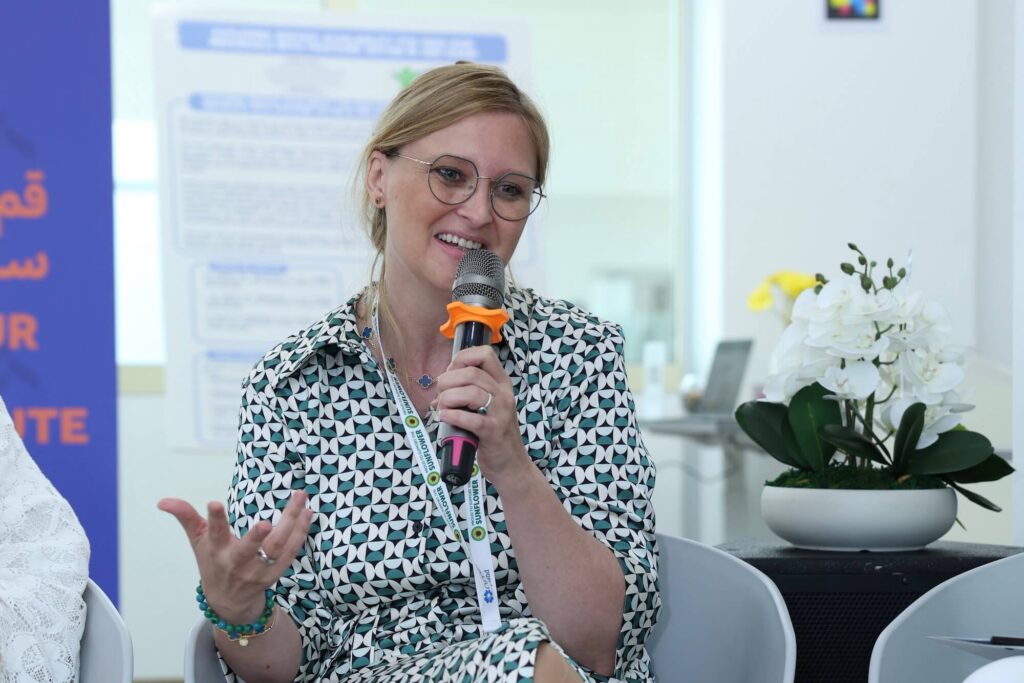
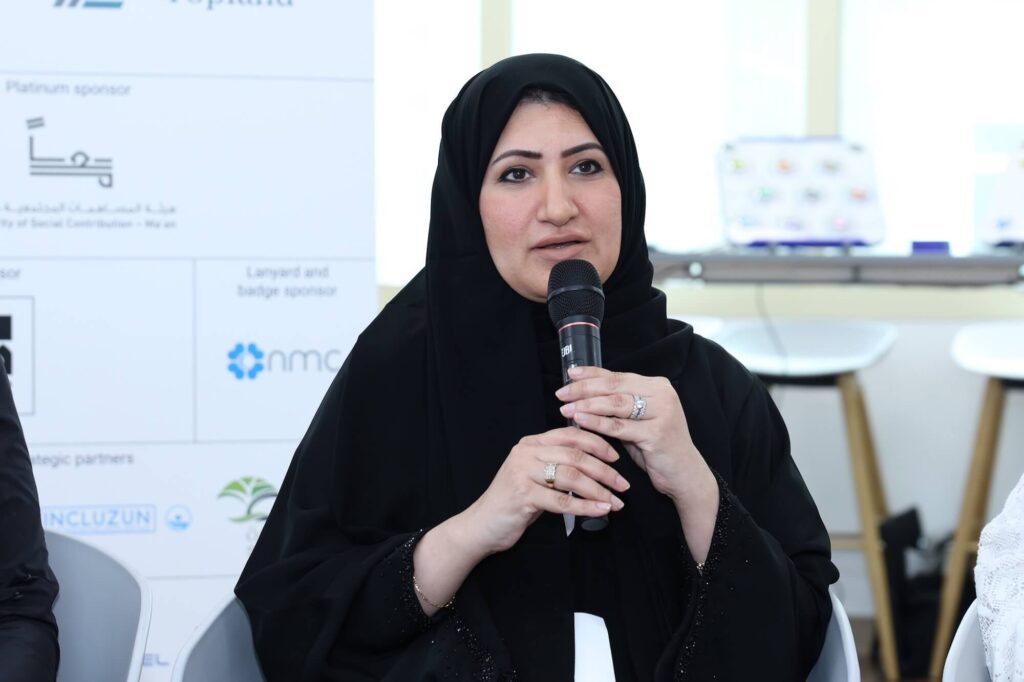
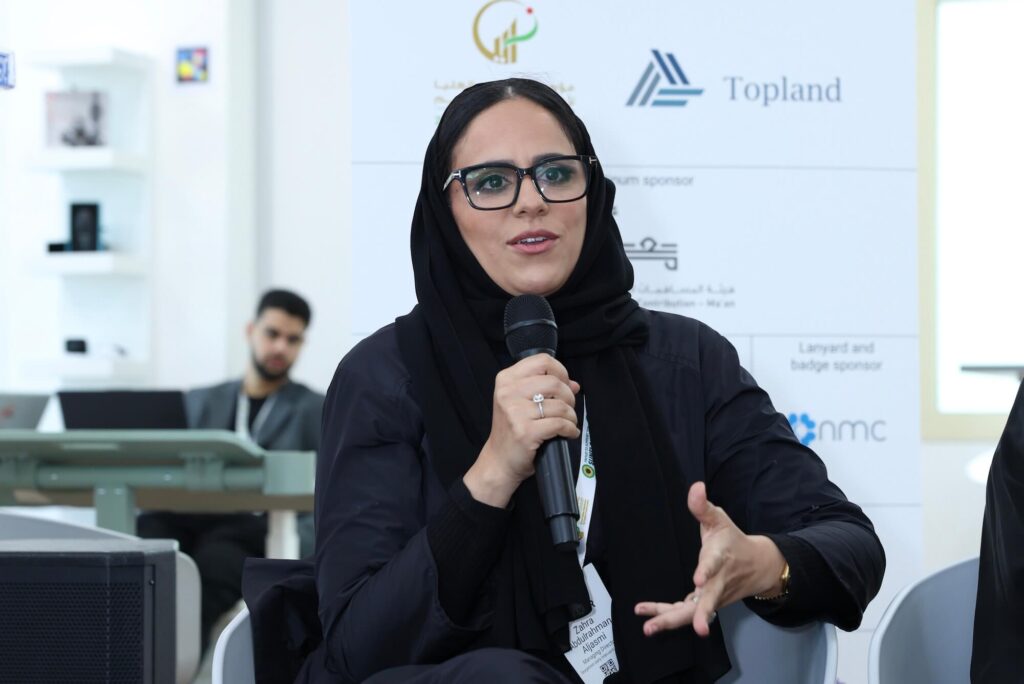
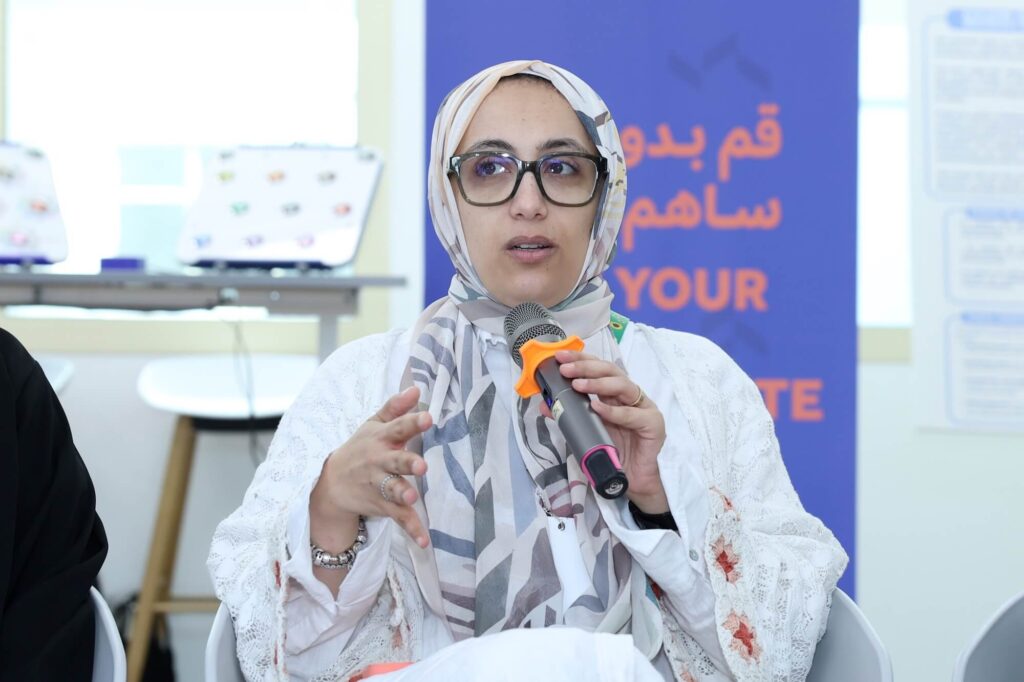
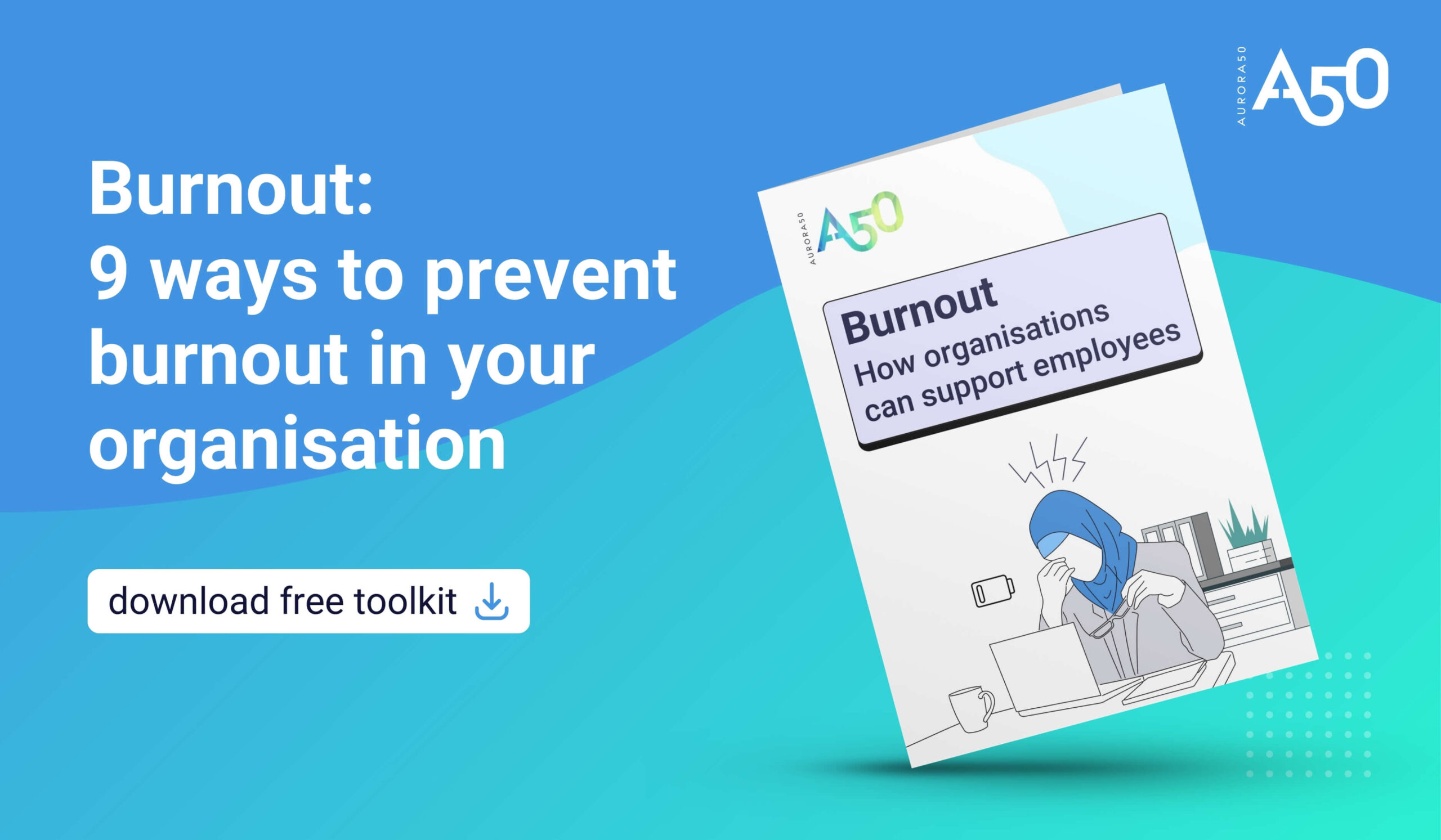
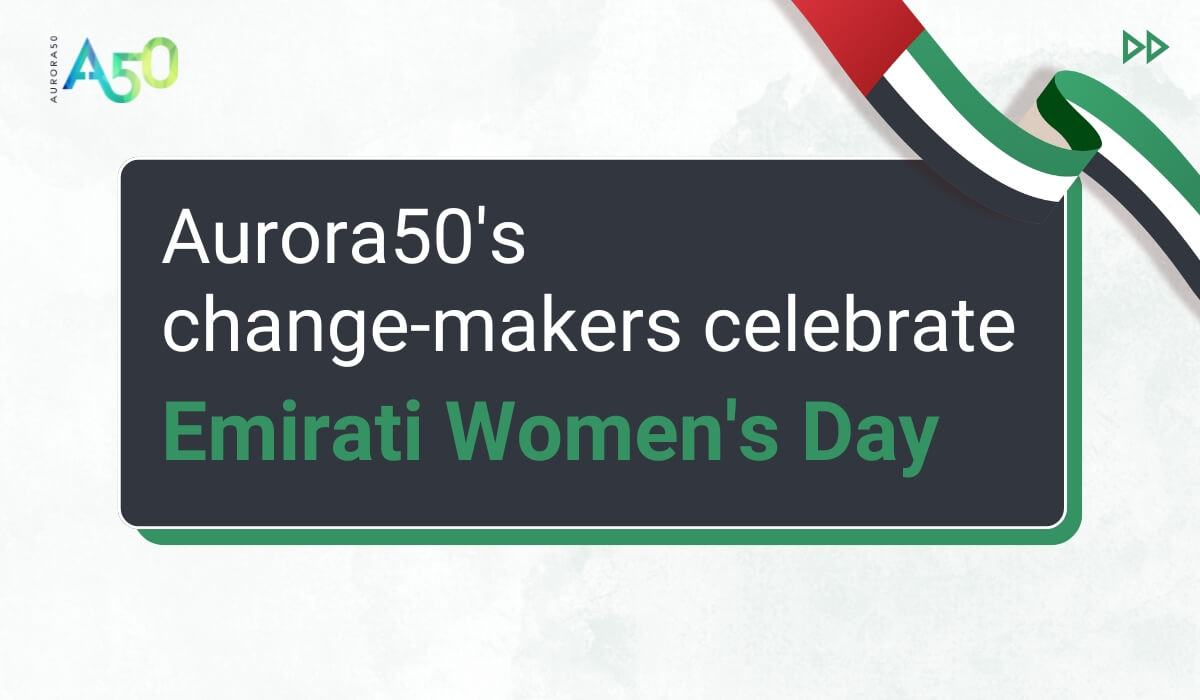
![[A50 template] From left to right: cybersecurity specialist Dr Hoda Alkhzaimi; HE Sarah Al Amiri, chair of the UAE Space Agency; Salma Al Hajeri, one of the first women to graduate from Abu Dhabi’s Petroleum Institute; Aisha Al Mansoori, the first female Emirati captain in a commercial airline; aspiring scientist Alia Al Mansoori; and Nora Al Matrooshi, the first Arab woman astronaut|[A50 template] Aisha Al Mansoori, the first female Emirati captain in a commercial airline at Etihad. Photo credit Etihad|[A50 template] Alia Al Mansoori, aspiring Emirati scientist. Photo credit Alia Al Mansouri, Facebook|[A50 template] Dr Hoda Alkhzaimi, Director of the Center of Cyber Security in New York University Abu Dhabi. Photo credit Aurora50|[A50 template] HE Sarah Al Amiri, chair of the UAE Space Agency. Photo credit WAM|[A50 template] Nora Al Matrooshi, the first Arab woman astronaut. Photo credit WAM|[A50 template] Mubadala's Salma Al Hajeri, Salma Al Hajeri, one of the first women to graduate from Abu Dhabi’s Petroleum Institute. Photo credit Mubadala [A50 template] From left to right: cybersecurity specialist Dr Hoda Alkhzaimi; HE Sarah Al Amiri, chair of the UAE Space Agency; Salma Al Hajeri, one of the first women to graduate from Abu Dhabi’s Petroleum Institute; Aisha Al Mansoori, the first female Emirati captain in a commercial airline; aspiring scientist Alia Al Mansoori; and Nora Al Matrooshi, the first Arab woman astronaut|[A50 template] Aisha Al Mansoori, the first female Emirati captain in a commercial airline at Etihad. Photo credit Etihad|[A50 template] Alia Al Mansoori, aspiring Emirati scientist. Photo credit Alia Al Mansouri, Facebook|[A50 template] Dr Hoda Alkhzaimi, Director of the Center of Cyber Security in New York University Abu Dhabi. Photo credit Aurora50|[A50 template] HE Sarah Al Amiri, chair of the UAE Space Agency. Photo credit WAM|[A50 template] Nora Al Matrooshi, the first Arab woman astronaut. Photo credit WAM|[A50 template] Mubadala's Salma Al Hajeri, Salma Al Hajeri, one of the first women to graduate from Abu Dhabi’s Petroleum Institute. Photo credit Mubadala](https://aurora50.com/wp-content/uploads/2023/05/photo-collage-copy.jpg)

